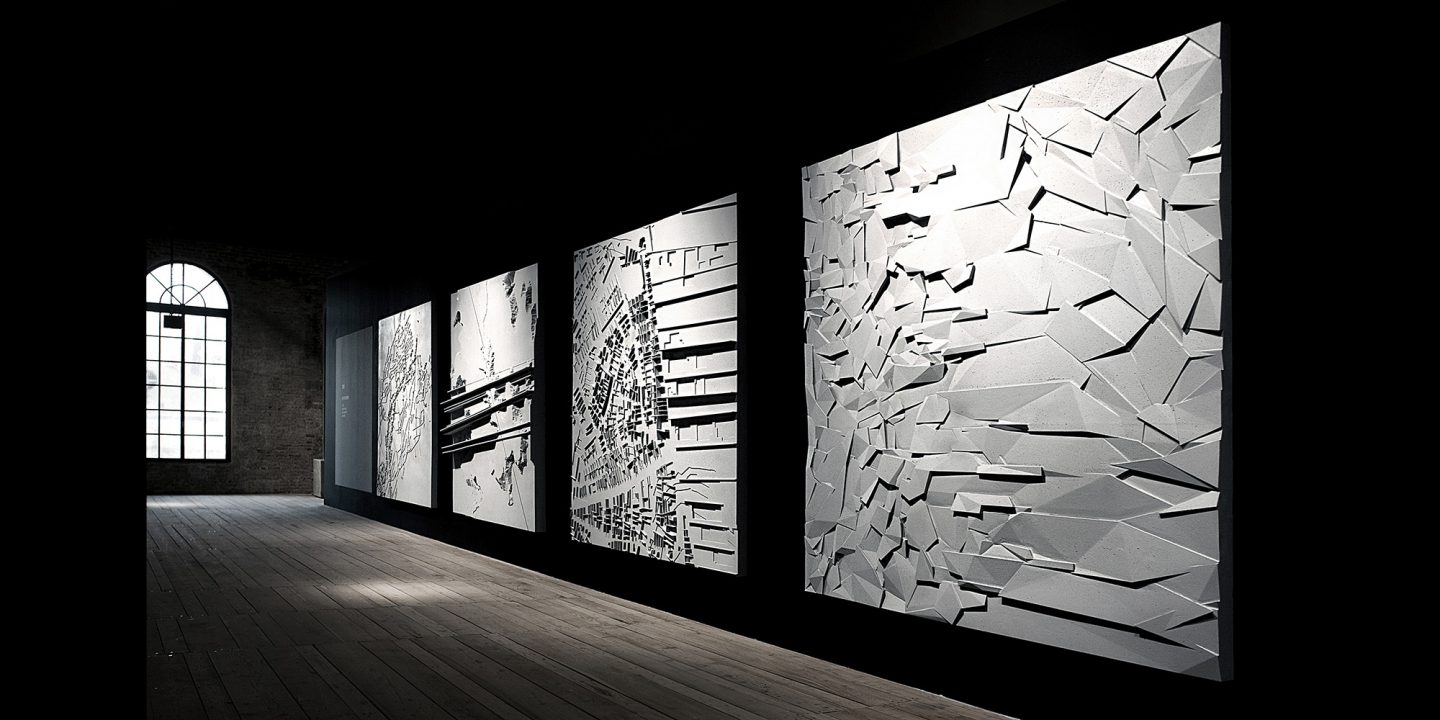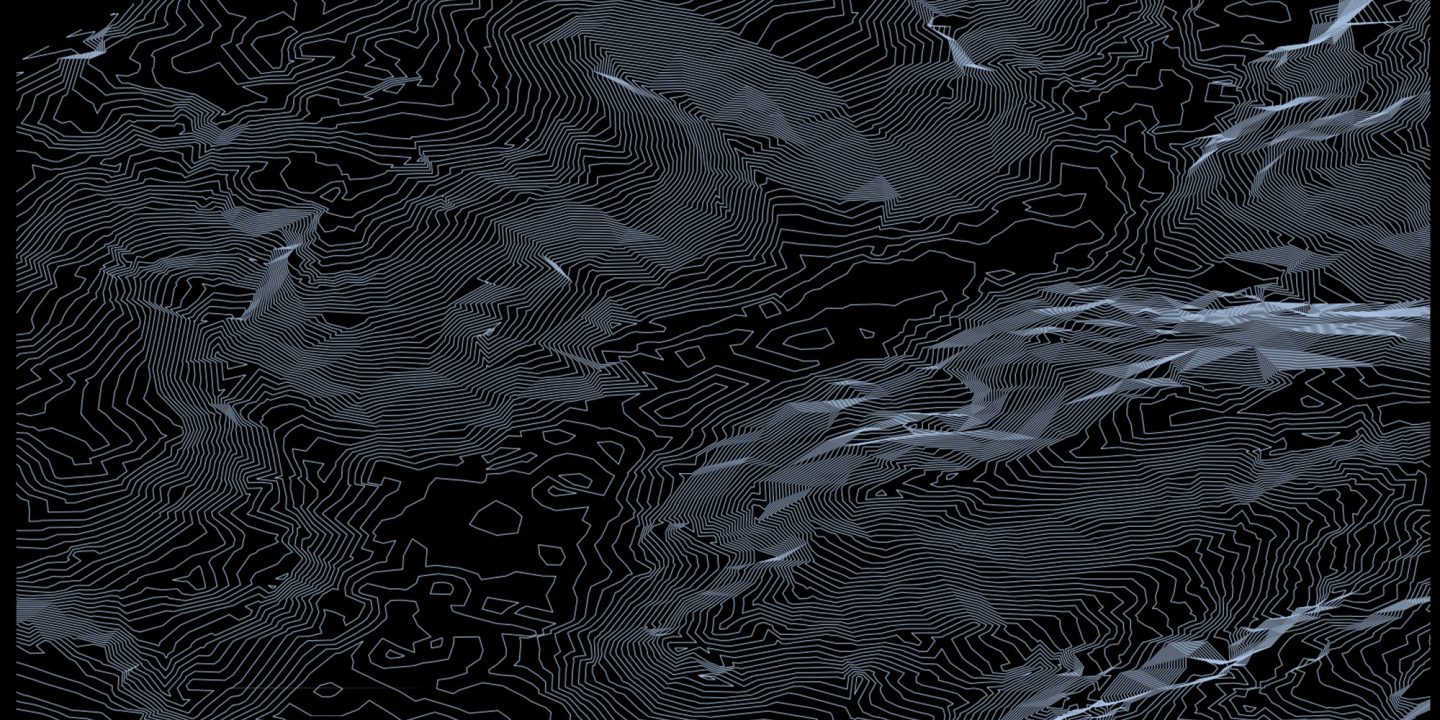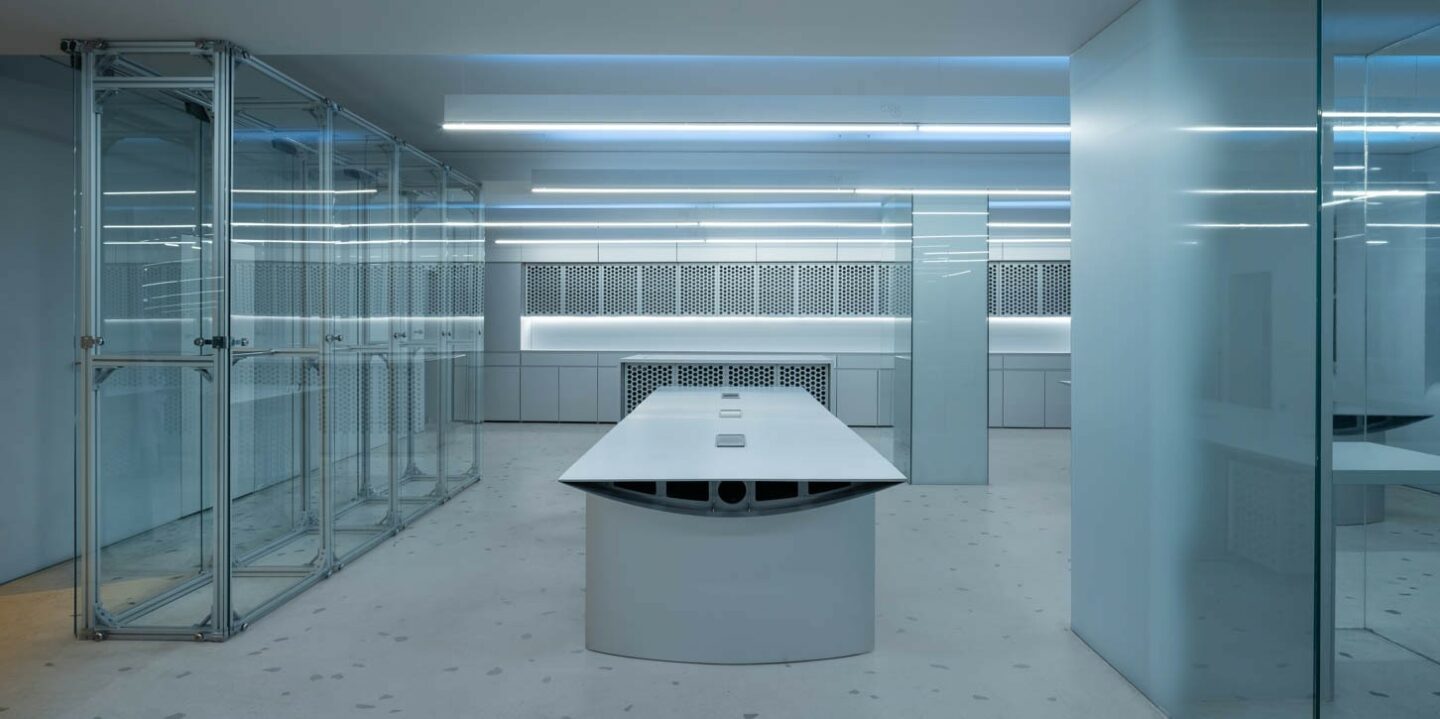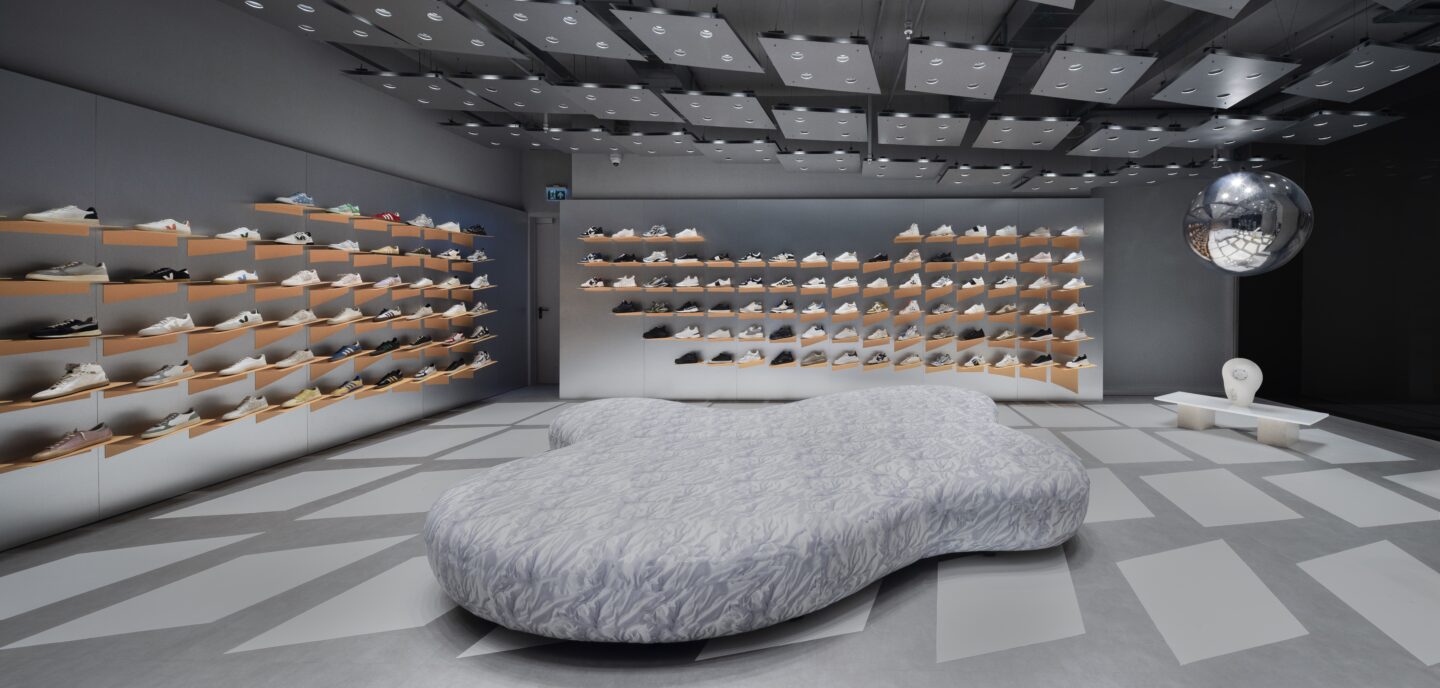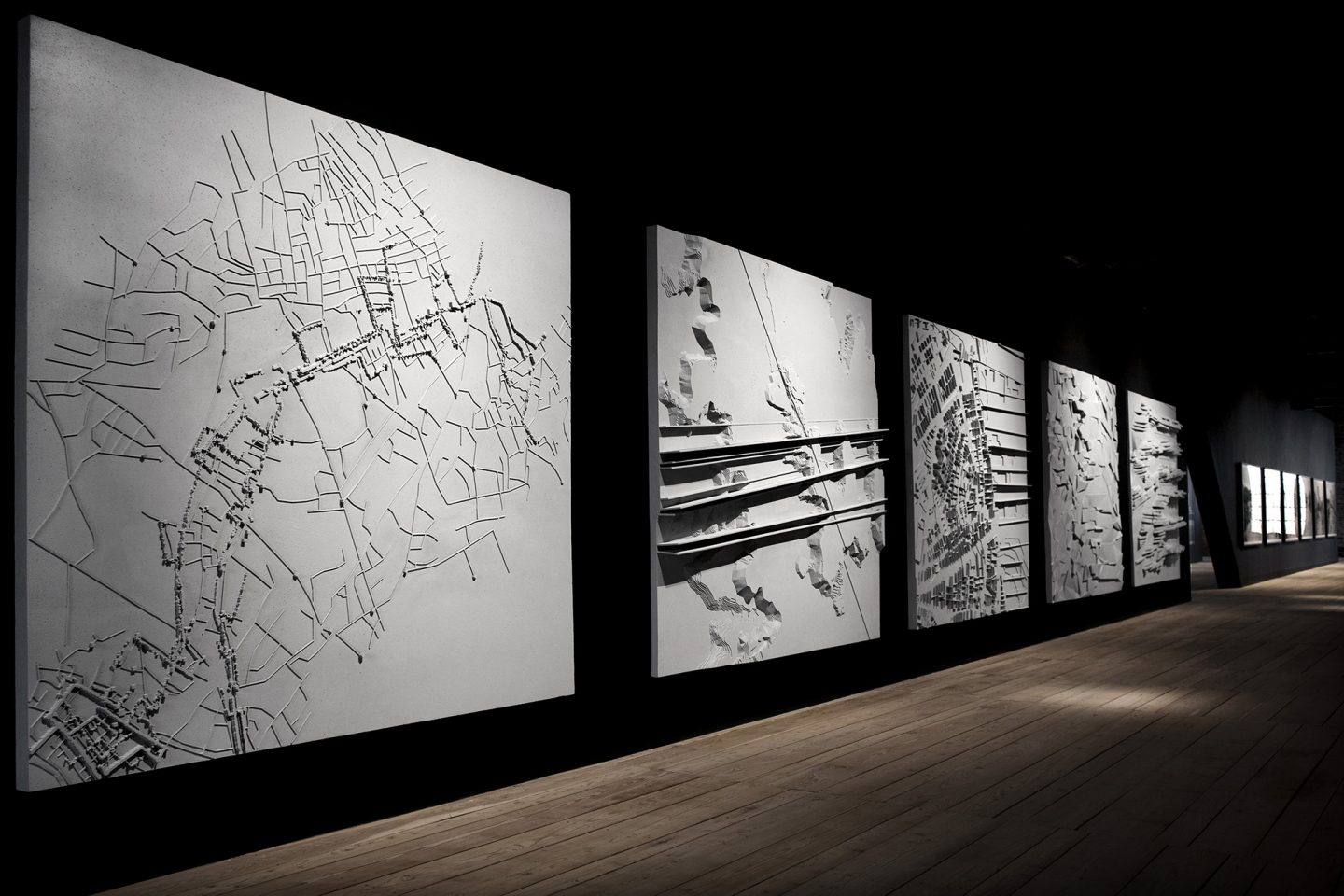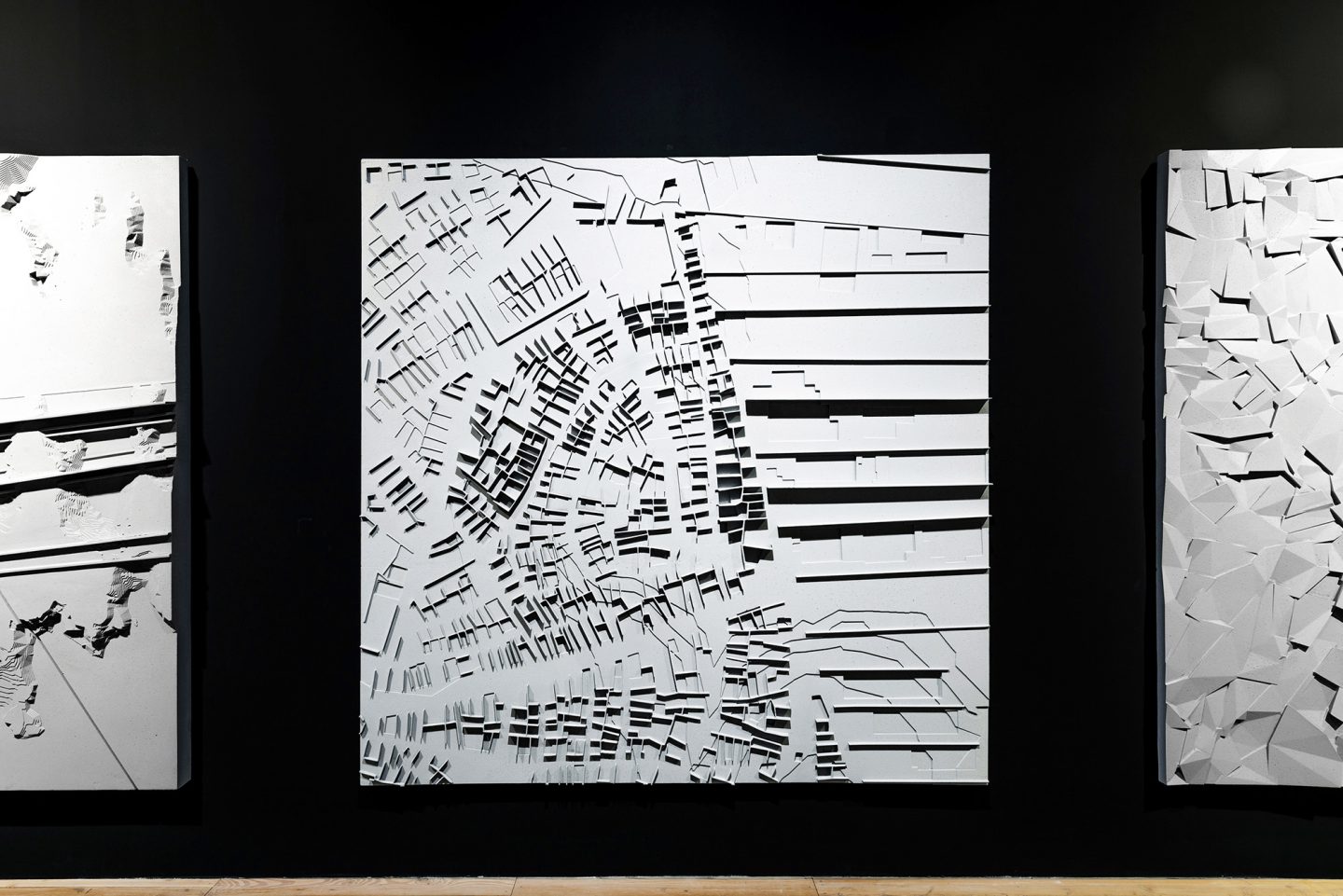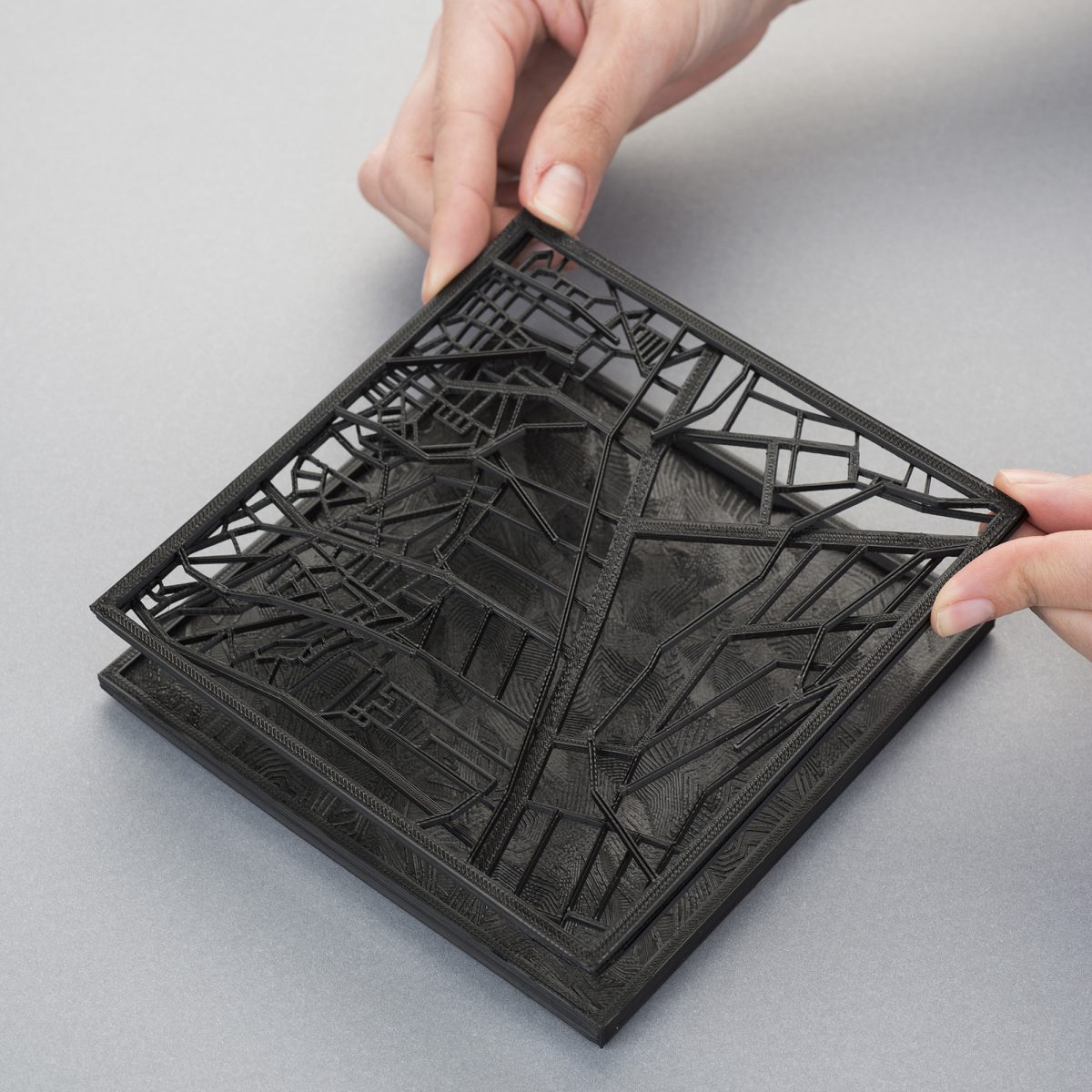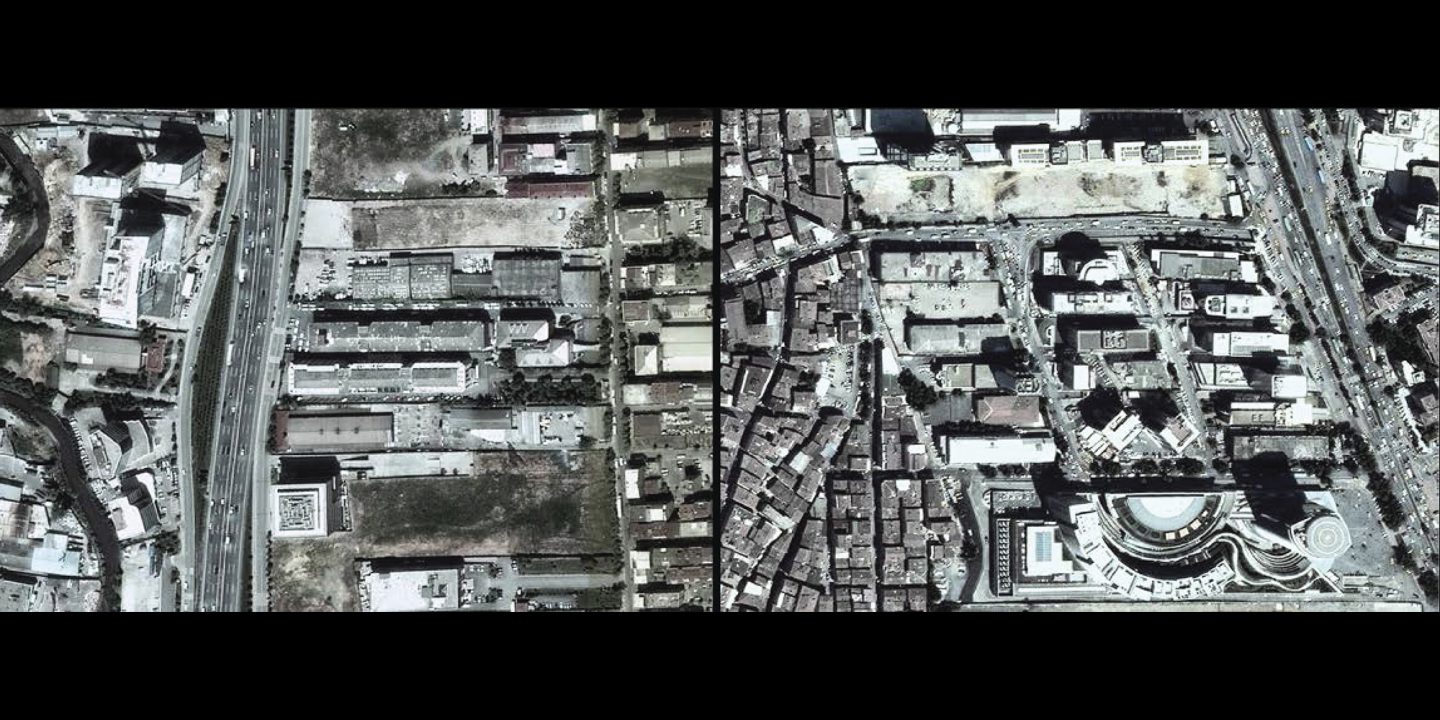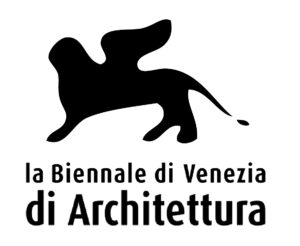
Vennice Bianelle Modalities is a series of reliefs, generated through an investigation of the transformation of urban texture and exhibited in the 14th Venice Architecture Biennale in Turkish Pavilion as a part of Places of Memory Exhibition. Inspired by the chaotic development of Istanbul, the work dismounts urban fragments of the city, tracing today’s notions to the past and back.
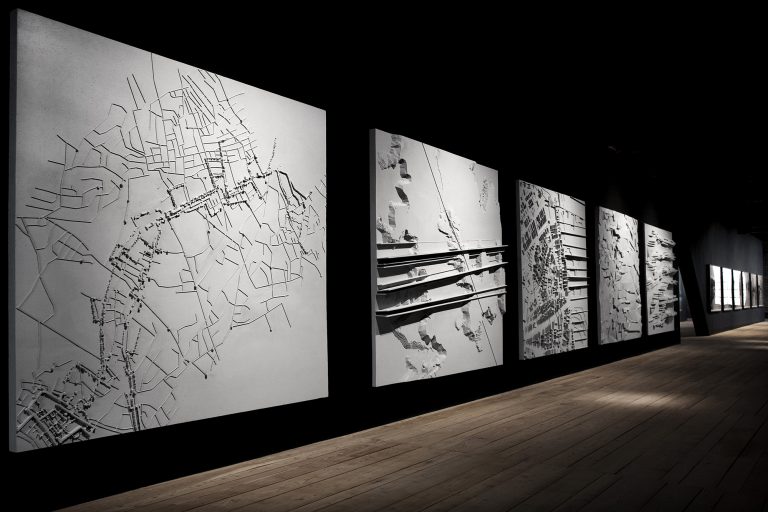
A pure formal study with topography and ownership borders at the start, reveals that the contemporary distribution of functions in the urban space. A very old main artery, transformed into the main business axis is located on the ridge, creating two slopes with different climatic characteristics, which later evolve into two different neighborhoods with different physical and social qualities. Former agricultural divisions, have been adopted as the borders of following industrialization and the same property ownership led to recent big multi-functional buildings, shopping malls and office towers to be built on the same spots. Extensive studies based on built environment, infrastructure and buildings realized mostly after 1950’s, their informal extensions and comparisons between different fragments show further evidence of topography and the infrastructure which was shaped accordingly being strong actors in the formation of urban space, accompanying socio-economic and political dynamics.
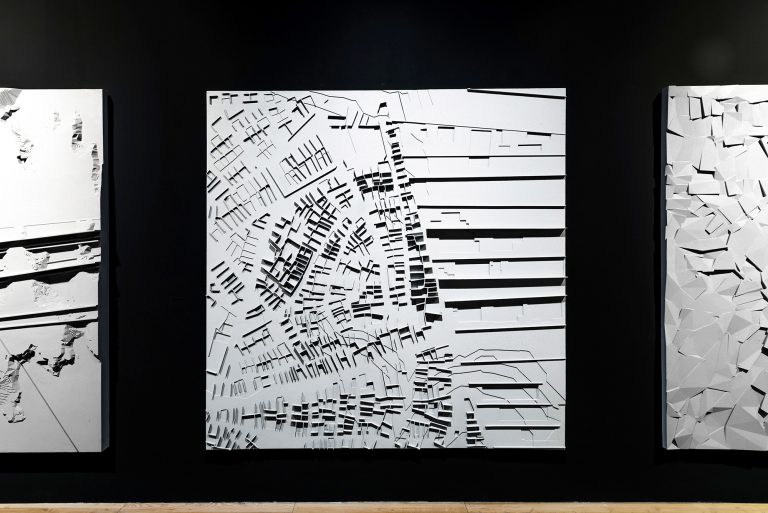
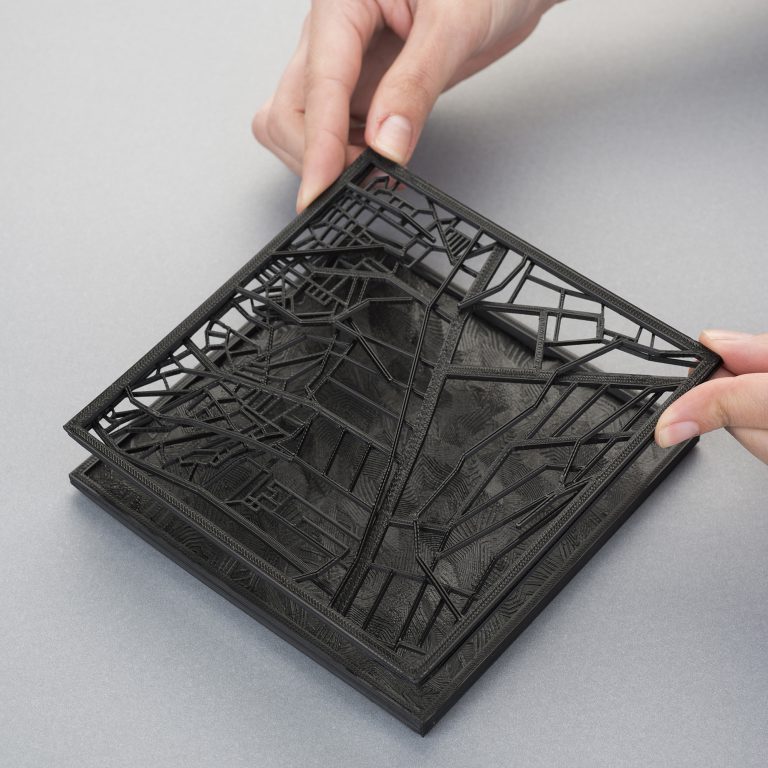
Alper Derinbogaz’s “Modalities of the Spontaneous” Series delivers a new way to read the stratification of Istanbul in terms of social and physical thresholds, economic developments, and traces of memory on the slopes of the ridge extending from Taksim to Levent; a bold attempt to decipher the codes of the evolutionary character of Istanbul’s urbanization adventure. Derinbogaz’s proposal is a provocative way of experiencing the evolutionary urbanization story of the city through 2.75×2.75m three-dimensional frames that compel the viewer to spend time pondering these strata, unlike a passive observer of a conventional map.
Moreover, Derinbogaz’s new presentation methods also argue that the old-school revolutionary approach of modernist urbanism, and its conventional analysis tools, should be challenged by emerging countries’ evolutionary urbanism models and appropriate research tools.
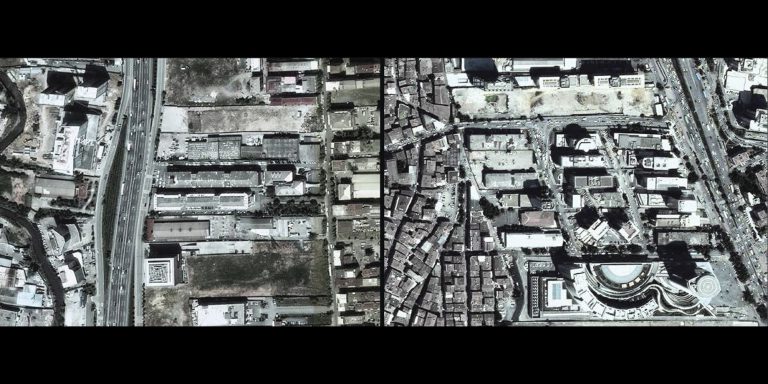
A unique example of non-western modernization, Istanbul’s urban stratification reveals important hints to understand stories behind major political decisions, investment shifts and continuous reorganization of the city. As a new research method to understand and represent “Emerging Market Countries’ evolutionary urbanism”*, Modalities of the Spontaneous is analyzing the urban strata, layer by layer and aims at understanding the order of what appears disorderly.
